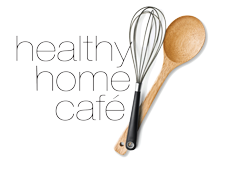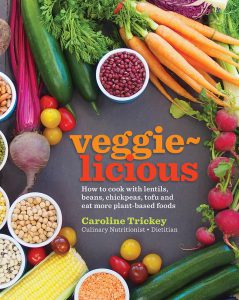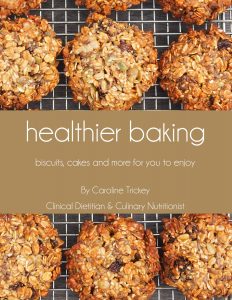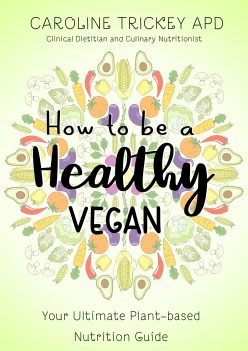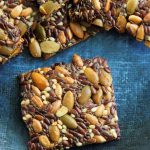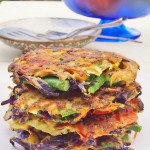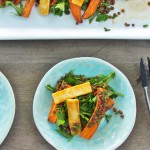Foods to Eat for Good Brain Health
Here is a great article from the Huffington Post explaining all about the MIND Diet
The following is an exert – and keep reading as I have included two meal plans at the end!
“The MIND Diet, more recently developed specifically to help reduce the risk of Alzheimer’s and dementia, takes inspiration from the Mediterranean diet.
“The new MIND Diet has been put together by scientists in the States, which takes the best from the Mediterranean diet added to the DASH Diet, which was introduced to help reduce the risk of people developing high blood pressure (which is bad for our heart and our brain),” Brockis said.
“They have recommended 10 foods that are really brain healthy.”
1. Go green
“Six serves of leafy green vegetables every week is recommended,” Brockis said. “These include leafy green vegetables, such as spinach, kale and Asian and salad greens.”
2. More veggies
“They also say to have an additional serve every day of other vegetables that are not green and leafy, otherwise they tend to get forgotten,” Brockis said.
Include a wide variety of different coloured veggies on your plate — carrots, capsicum, eggplant, pumpkin, just to name a few.
“It goes back to eating variety. Vegetables are a particularly nutritious food, but it’s also about mixing it up and not just relying on a particular vegetable — it’s important to mix it up.”
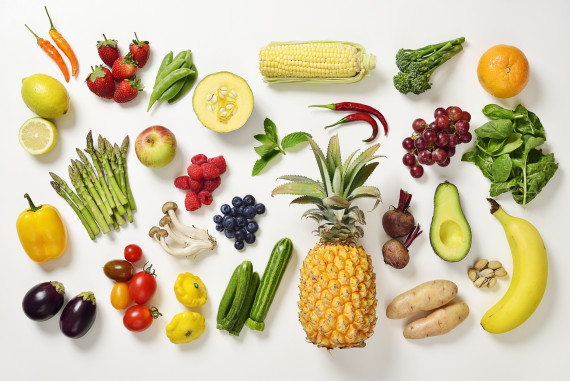
3. Nuts
“Nuts get a good look-in,” Brockis said. “Aim for five small handful of nuts every week.
“They’re a great snack because they tend to fill us up and are packed with good fats and vitamins, so even just eating six almonds is a great afternoon snack. It gives you that satiety feeling quite quickly.
“People worry about nuts making you fat but it’s hard to eat too many nuts, especially when you know a small handful is sufficient, and it’s much better than a doughnut,” Brockis said.
4. Berry delightful
“Berries are the best fruit to eat for brain health. Two or more serves a week of all the deeply coloured blue and red berries are particularly good for us,” Brockis told HuffPost Australia. “Berries are choc-a-block full of antioxidants.
“If we eat fruits with red skin, such as grapes, they have resveratrol in them, which is another powerful antioxidant very good for the brain. Resveratrol is what makes red wine red, and that’s why red wine is said to be better for us than white wine.”
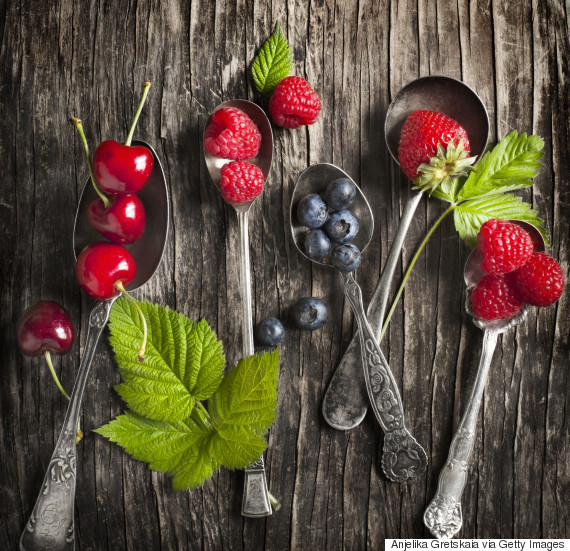
5. Beans
“Beans — kidney beans, black beans, lima beans — are all really good for us,” Brockis said. “If we eat three serves a week then we’re doing well. They’re also high in fibre which is good for our gut.”
6. Whole grains
“Whole grains are good because they contain different vitamins. You could have oats, couscous, brown rice, rye and barley,” Brockis said. “Aim to have three servings of whole grains a day.”
7. Go fish
“Then you’ve got fish — it’s got the highest content of omega-3 of all the foods available to us and it’s a lovely source of lean protein and healthy fats,” Brockis said.
“In a Mediterranean diet they suggest eating 3-4 servings a week which, for a lot of people, can be too much (and too expensive, which it is). On the MIND Diet they suggest only one serve a week, which is very doable.
“They have shown that fresh is best and, unfortunately, deep fried fish doesn’t really count, which is a shame. You can eat fish quite easily by having tinned salmon and tuna as an alternative.
“As long as we’re eating fish in our diets, that’s the main thing — ideally the cold water, oily types of fish, such as salmon.”
Don’t eat (or loathe) fish? Try these plant-based omega-3 rich foods instead.
“Things like flaxseed, walnuts and brussel sprouts are high in omega-3,” Brockis said.
“Brussel sprouts actually have the highest omega-3 equivalent content of all the vegetables. Some people will be happy about that, others will say, ‘Ugh, I hate brussel sprouts.’ But roasted brussel sprouts are nice — I wish I discovered them a long time ago.”

8. Poultry
“The next is poultry, things like chicken and turkey. We don’t eat a lot of turkey here in Australia but it’s recommended to eat it twice a week,” Brockis said. “It’s about having this variety and protein.”
9. Olive oil
“Next on the list is olive oil — extra virgin olive oil, where you can,” Brockis said. “It’s great for healthy fats.”
Try using extra virgin olive oil for your salad dressings and in low-heat cooking.
10. Wine time
“Last but not least is one small glass of wine a day — not the bottle!” Brockis said.
“It’s the antioxidant, resveratrol, in wine which makes it brain healthy. Antioxidants help keep the cells healthy and support healthy ageing.
“So you can enjoy wine and feel less guilty about a small glass.”
“It’s the fried fast food, sweets and all the highly processed packaged food,” Brockis told HuffPost Australia. “These mass processed foods include a much higher level of trans fats, sugars and salt. It’s having an impact on how well our brains function.”
